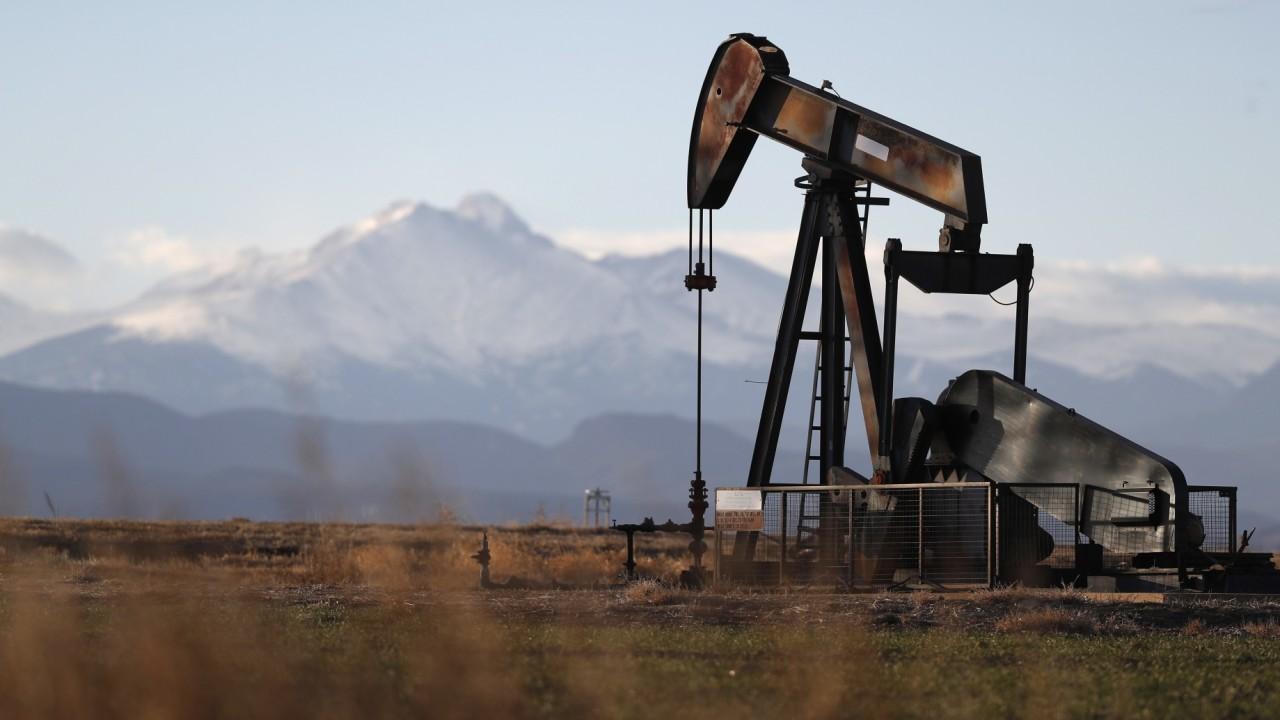Oil prices top $40 amid 'fastest rebalancing' in history
'Doom and gloom predictions' were wrong
U.S. oil prices reclaimed the $40 a-barrel level Friday and were trading near a three-month high as demand roars back following COVID-19 lockdowns.
West Texas Intermediate crude oil, the U.S. benchmark climbed as much as 3.68 percent to $40.27 a barrel before trimming its gains. Brent crude, the international standard, rose 2.07 percent at $42.35.
“Fears about a resurgence of the coronavirus are taking a backseat to continued signs of rapidly improving demand and a commitment by OPEC cheaters to make restitution for past overproduction sins,” Phil Flynn, a Chicago-based senior market analyst at the Price Futures Group, told FOX Business. "Despite all the 'doom and gloom' predictions about the oil market, we are seeing the fastest rebalancing of this market in history."
US ECONOMY FACES PROTRACTED RECOVERY FROM CORONAVIRUS LOCKDOWNS
Demand had tumbled by about 30 million barrels a day during the beginning of the coronavirus pandemic as stay-at-home orders eliminated nonessential travel.
The subsequent bounceback can be seen in the physical market: Both Brent crude and gasoline futures returned to higher levels than futures-market prices on Thursday for the first time since March, a state known as backwardation.
It indicates investors are willing to pay a higher price to hold the commodity now.
An OPEC report released Wednesday said global demand was expected to fall by just 6.4 million barrels per day during the second half of 2020, an improvement from the 11.9 million barrel-per-day decline in the first half.
Earlier this month, Saudi Arabia and Russia, two of the world’s largest oil producers, warned members of the so-called OPEC+ group there was “no room whatsoever” for noncompliance with the agreed-upon production cuts.
CLICK HERE TO READ MORE ON FOX BUSINESS
Leaders and their allies previously extended by one month reductions that took 10 million barrels per day off the market. That represents about 10 percent of global output.
The “bad boys of the cartel” got the message, according to Flynn, and on Thursday pledged to better comply with the agreement, meaning the curbs could deepen in July.
“Iraq and Kazakhstan pledged to cut output by more than the required amount to make up for the past swindling,” Flynn said.




















